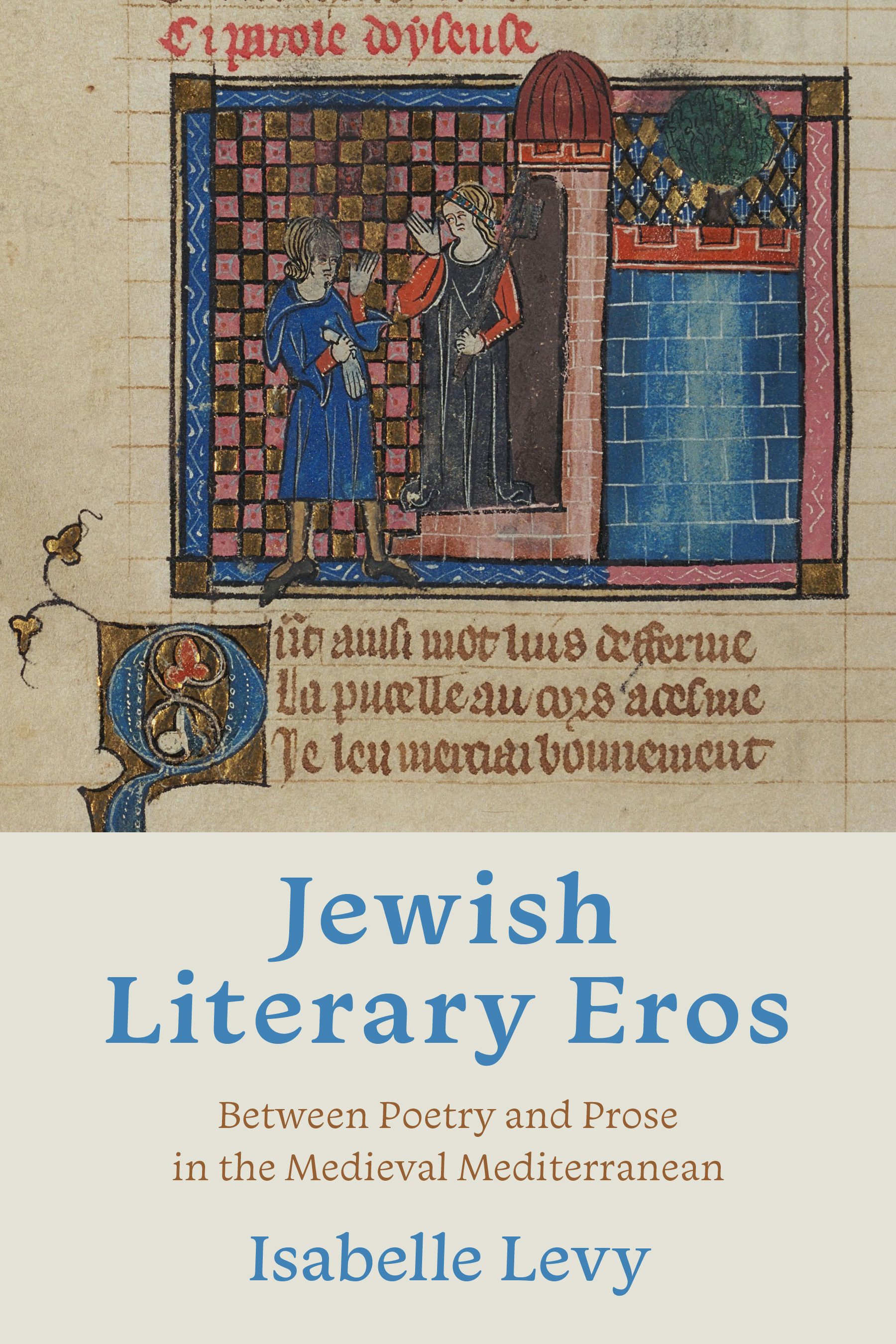Genre networks and empire: rhetoric in early imperial China
A decolonial reading of Han Dynasty rhetoric reveals the logics and networks that governed early imperial China
In Genre Networks and Empire, Xiaoye You integrates a decolonial and transnational approach to construct a rhetorical history of early imperial China. You centers ancient Chinese rhetoric by focusing on how an imperial matrix of power was established in the Han Dynasty through genres of rhetoric and their embodied circulation, and through epistemic constructs such as the Way, heaven, ritual, and yin-yang.
Through the concept of genre networks, derived from both ancient Chinese and Western scholarship, You unlocks the mechanisms of early Chinese imperial bureaucracy and maps their far-reaching influence. He considers the communication of governance, political issues, court consultations, and the regulation of the inner quarters of empire. He closely reads debates among government officials, providing insight into their efforts to govern and legitimize the regime and their embodiment of different schools of thought. Genre Networks and Empire embraces a variety of rhetorical forms, from edicts, exam essays, and commentaries to instruction manuals and memorials. It captures a range of literary styles serving the rhetorical purposes of praise and criticism. In the context of court documentation, these genre networks reflect systems of words in motion, mediated governmental decisions and acts, and forms of governmental logic, strategy, and reason.
A committed work of decolonial scholarship, Genre Networks and Empire shows, through Chinese words and writing, how the ruling elites of Han China forged a linguistic matrix of power, a book that bears implications for studies of rhetoric and empire in general.
zum Buch im KatalogPlus
zum Buch auf der Verlags-Website
Jewish Literary Eros: Between Poetry and Prose in the Medieval Mediterranean In Jewish Literary Eros, Isabelle Levy explores the originality and complexity of medieval Jewish writings. Examining medieval prosimetra (texts composed of alternating prose and verse), Levy demonstrates that secular love is the common theme across Arabic, Hebrew, French, and Italian texts. At the crossroads of these spheres of intellectual activity, Jews of the medieval Mediterranean composed texts that combined dominant cultures‘ literary stylings with biblical Hebrew and other elements from Jewish cultures. Levy explores Jewish authors‘ treatments of love in prosimetra and finds them creative, complex, and innovative.
In Jewish Literary Eros, Isabelle Levy explores the originality and complexity of medieval Jewish writings. Examining medieval prosimetra (texts composed of alternating prose and verse), Levy demonstrates that secular love is the common theme across Arabic, Hebrew, French, and Italian texts. At the crossroads of these spheres of intellectual activity, Jews of the medieval Mediterranean composed texts that combined dominant cultures‘ literary stylings with biblical Hebrew and other elements from Jewish cultures. Levy explores Jewish authors‘ treatments of love in prosimetra and finds them creative, complex, and innovative.
Jewish Literary Eros compares the mixed-form compositions by Jewish authors of the medieval Mediterranean with their Arabic and European counterparts to find the particular moments of innovation among textual practices by Jewish authors. When viewed in the comparative context of the medieval Mediterranean, the evolving relationship between the mixed form and the theme of love in secular Jewish compositions refines our understanding of the ways in which the Jewish literature of the period negotiates the hermeneutic and theological underpinnings of Islamicate and Christian literary traditions.
zum Buch im KatalogPlus
zum Buch auf der Verlags-Website
